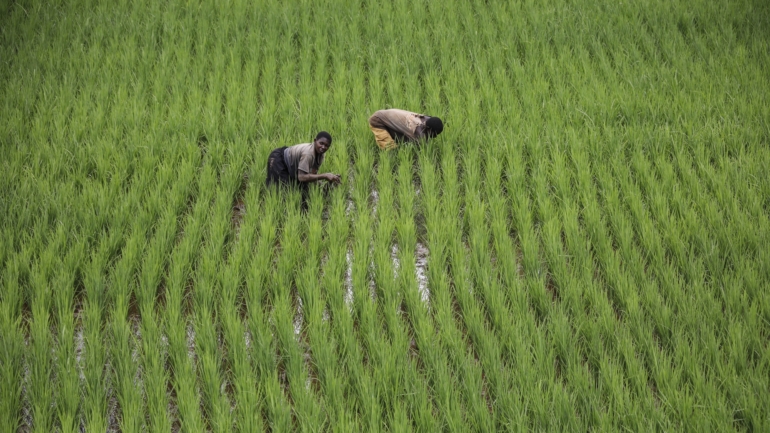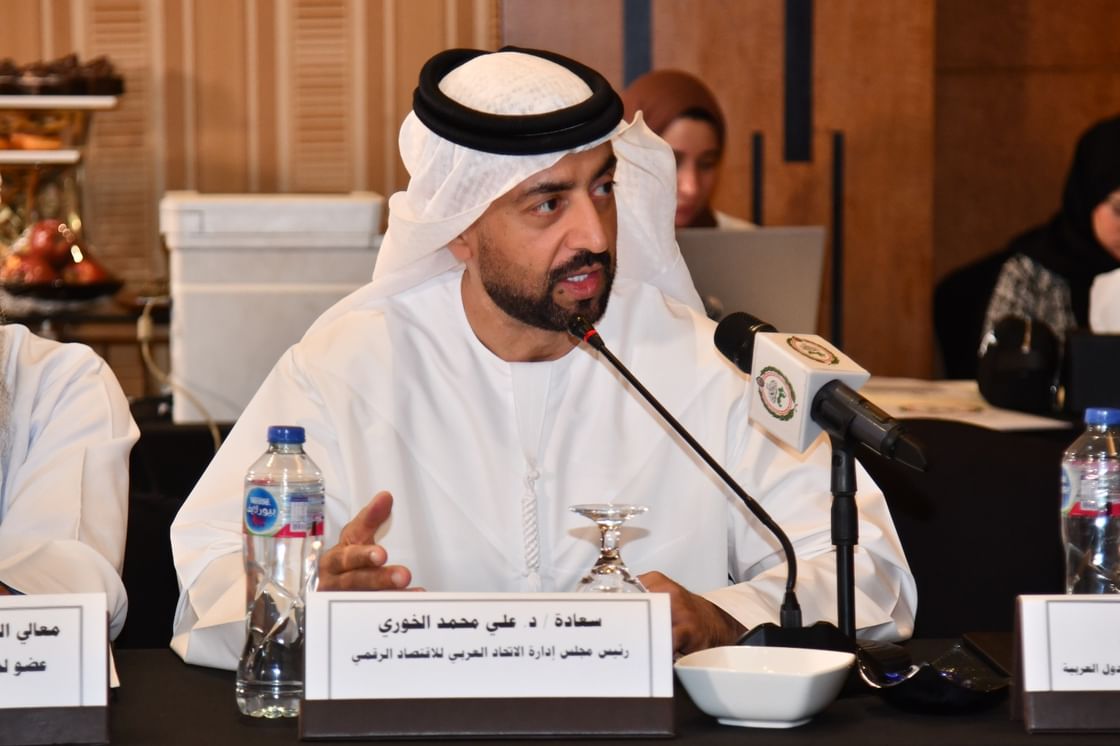Quoting from Guinean news,
the Arab Digital Economy Federation supports the Guinean state’s efforts to mobilize domestic resources (MAMRI), in light of the efforts of the President of the Republic of Guinea, Alpha Condé, and Prime Minister Ibrahim Kasuri to adopt governance in a different way aimed at fighting poverty and achieving social justice among citizens.
The State of Guinea is adopting an initiative to support local resource mobilization projects (MAMRI), with the aim of raising local state revenues and bringing them to 20% of GDP, as the Guinean executive authority is intensifying its efforts to reach this rate within three years, as well as promoting good spending on infrastructure. Infrastructure and basic public services for citizens, while reducing dependence on external donations, and reducing recourse to public debt.
In this regard, the Guinean government aims to update the framework for economic and financial governance in the country, expand the tax base, lead a resolute fight against tax evasion and fraud, and implement several key projects to create an enabling environment for the development of the Guinean private sector, improve taxes, and achieve better collection of public revenues.
Despite this, the Guinean state’s general revenues, represented by (taxes, public treasury and customs), achieved only about 13% of the gross domestic product. It is 7 points lower than the level recommended by the Addis Ababa Conference for the development of financing, estimated at 20%, and it is also lower than the average in the sub-Saharan region, which is 18%.
The GDP in Guinea has witnessed significant and continuous growth in recent years (still 5.2% in 2020 despite the outbreak of the emerging Corona virus), and despite this growth, the domestic revenues are not good, as the World Bank recently estimated the potential that can be Provided only by the value-added tax in Guinea, at least 5 points of GDP.
Therefore, the Guinean government started this year to implement several strategic projects within the mission of supporting and mobilizing the local resources of the Guinean state, at the forefront of which was the Guinean Tax Authority (TADAT) assessment project, which was launched on January 4, 2021, in partnership with a group of international financial institutions, namely: International Monetary Fund, African Development Bank, World Bank, European Federation .
The Guinean government is also working on another major project, which is the digitization of economic and financial administrations in the country. The government has begun to announce an international call for bids to define an IT master plan for economic and financial management in Guinea. The digital roadmap identifies the possibility of increasing local resources through Digitizing tax administrations and financial authorities and proposing software solutions for implementation, in cooperation with the Council of Arab Economic Unity in the League of Arab States.
The Guinean authorities are targeting the implementation of these projects during the first half of the current year 2021, after which all these elements will be combined to develop a national mobilization strategy for local resources.
It is worth noting that His Excellency Dr. Ali Mohammed Al-Khouri, Advisor to the Council of Economic Unity of the League of Arab States and President of the Arab Federation for the Digital Economy in June of 2019 as an advisor to the Guinean government in the field of digital transformation and the development of the foundations of the digital economy. Among his most notable achievements is the construction of the first advanced government data center in Guinea that was inaugurated by the Guinean President in 2019.
The Arab Federation for the Digital Economy is interested in ambitious visions to support and develop infrastructure, regulatory, knowledge, legislative and technical frameworks, and international specifications in the fields and uses of the digital economy, mobilize Arab and global capabilities, and advance levels of quality of life by taking advantage of digital transformation.










